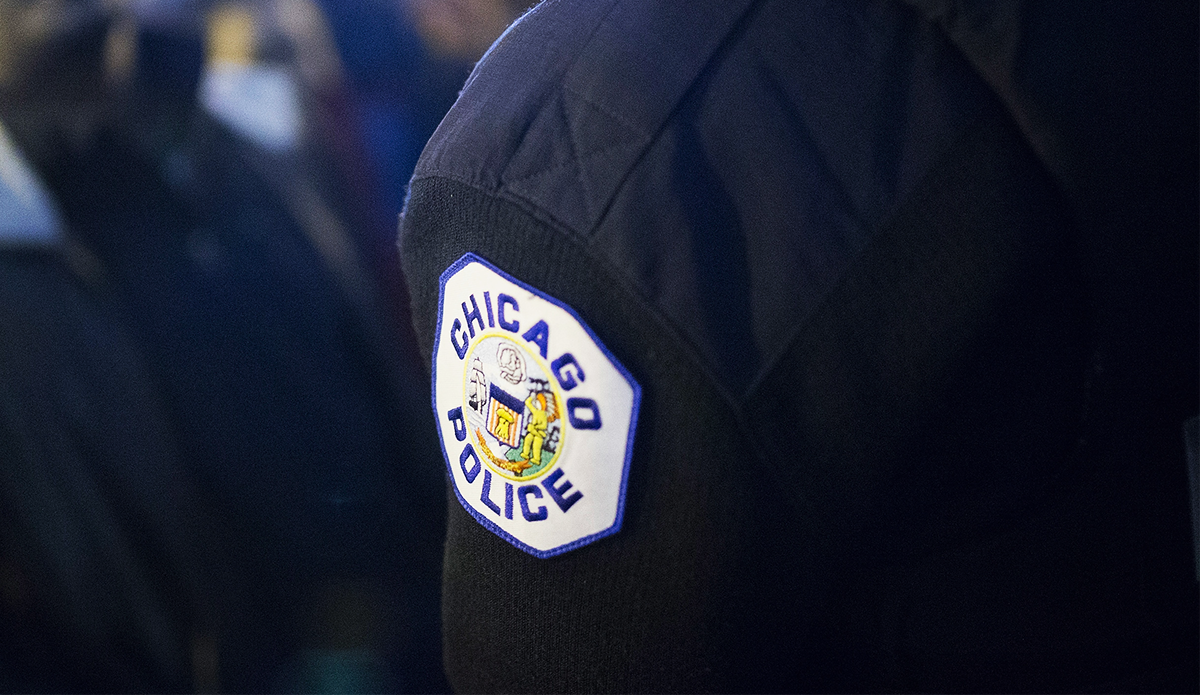Chicago health officials are concerned about short-term impacts to vaccine dose distribution after quality issues forced Johnson & Johnson to discard 15 million doses of its coronavirus vaccine this week.
Emergent BioSolutions, which was producing both the Johnson & Johnson and AstraZeneca vaccines at its facility, inadvertently mixed elements of the two vaccines together, causing the J&J doses to be discarded.
During a Facebook Live on Thursday, Dr. Allison Arwady, commissioner of the Chicago Department of Public Health, says that there could be some type of “short-term” impact on the distribution of the Johnson & Johnson vaccines to the city of Chicago as a result of the mishap.
“I think it probably will (impact us) in the short term, not the long term,” she said. “I am concerned about it, because the Johnson & Johnson vaccine is very much the vaccine that we’ve been hearing would be majorly increased, especially over these next couple of weeks.”
Feeling out of the loop? We'll catch you up on the Chicago news you need to know. Sign up for the weekly Chicago Catch-Up newsletter here.
Arwady praised the FDA’s stringent standards, saying that they helped to catch the mistake before the vaccine doses could get out to the general public.
“15 million doses is a lot. I mean, that’s multiple weeks of vaccine supply,” she said.
Arwady says the city still expects to receive approximately 40,000 doses of the vaccine this week from Johnson & Johnson, but that the disposal of doses at the Baltimore facility could threaten shipments in the weeks to follow.
Local
Those doses will be used at O’Hare International Airport, as well as a program designed to deliver vaccines to homebound residents.
In the future, Arwady says doses would ideally be suited for mass vaccination sites, including at Chicago State University, because of easier storage requirements than what is seen in the Pfizer vaccine.



